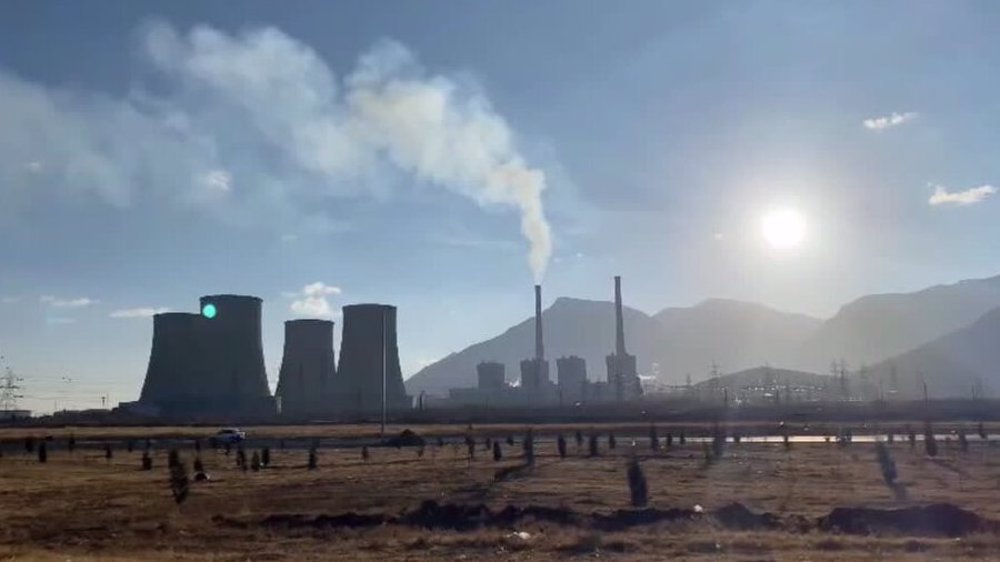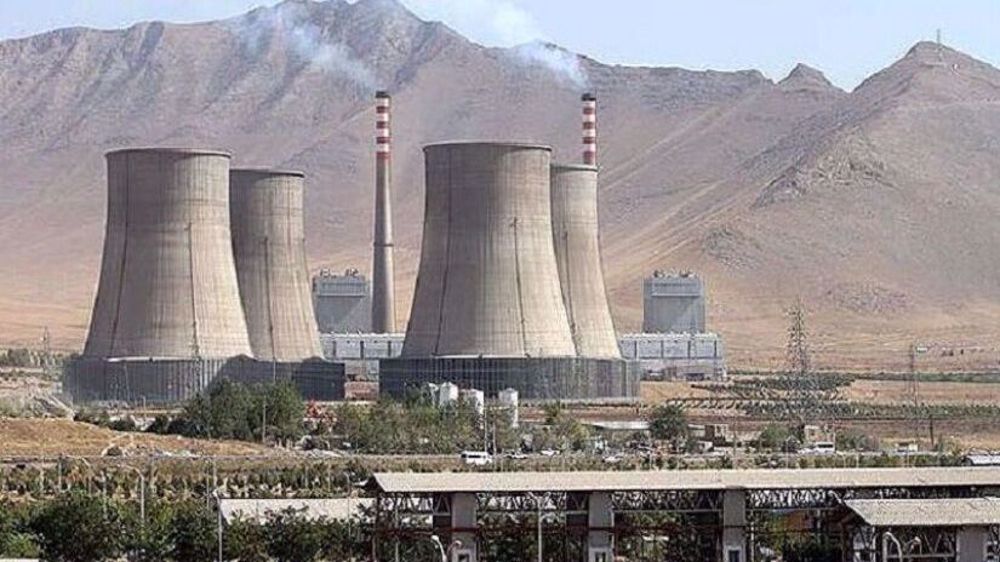Gazprom presents bids for Iranian oil projects
Iran says Russia’s Gazprom has presented its technical proposals for the development of two major oil fields in areas close to the border with Iraq.
Amir Hossein Zamaninia, Iran’s deputy minister of petroleum for trade and international affair, told the domestic media that the projects involved were Changuleh and Cheshmeh Khosh.
Zamaninia added that Gazprom’s proposals would be studied by the National Iranian Oil Company (NIOC) and the results would be announced accordingly.
Last December, the Russian giant signed an agreement with Iran’s Petroleum Engineering and Development Company (PEDEC) to study the two projects.
On the same front, Zamaninia emphasized that Iran has signed the largest number of basic agreements with Russian companies over studying Iranian oil and gas projects.
Changuleh - which sits on Iran’s border with Iraq - is already proving to have become one of Iran’s emerging top oil project prizes.
Iran has so far signed similar MoUs with Norway’s oil and gas operator DNO ASA as well as Thailand’s PTT Exploration and Production Public Company Limited (PTTEP) to study the same field.
Iran’s oil officials had previously said that Changuleh could be linked to another nearby field named Azar.
Azar, itself, is believed to be connected to Iraq’s Badra oil field.
Azar and Changuleh were discovered in 2005 as a result of explorations conducted by a consortium comprising Russia’s Lukoil and Norway’s Statoil. Both fields – together with Iraq’s Badra – are believed to hold an in-place reserve of about 3.5 billion barrels.
Cheshmeh Khosh - a second oil field that Gazprom Neft would study under the MoU it signed in Tehran on Tuesday – was discovered in 1975 but is yet to start production. Its projected production target is 18,000 barrels per day (bpd) and 115 million cubic feet per day (mcf/d) of natural gas.
Austria’s OMV had recently indicated that it was interested in the development of Cheshmeh Khosh.
The company was previously involved in the development of the field but withdrew from it in 2008 after a series of draconian US-engineered sanctions were imposed on Iran.
VIDEO | Yemeni forces repel US-British attack, down F-18 Jet
Iran’s capabilities vast; enemy’s ‘maximum pressure’ policies all failed miserably: Senior official
Iran’s economy grew 2.7% y/y in Sep quarter: CBI
VIDEO | Freelancers in Gaza strive to stay online amid genocide
Mikati demands Israel's withdrawal from south Lebanon
Yemeni army strikes Israeli military sites with drones
‘Clock ticking’: UNRWA slams unjustifiable killing of children in Gaza
BP to be sued in Britain for supplying oil to Israel










 This makes it easy to access the Press TV website
This makes it easy to access the Press TV website